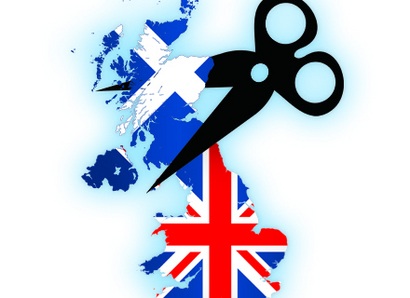Stephen Daisley explains the five main groupings within the overall SNP and why they aren’t getting along:
Fractiousness is nothing new in Scottish Nationalism. For most of its history, the only thing SNP members could agree on was the merit of a good rammy. Gradualists declared sovereignty would come in increments; while fundamentalists insisted independence yesterday would still be independence too late. Conference was an annual pitched battle where each faction schemed, cajoled and manoeuvred against the other. The gradualists came to dominate the leadership and party machine, but the fundies consoled themselves that the members were really with them.
After 11 years in government, a lost independence referendum and an explosion in membership, the battle lines in Scottish nationalism have been redrawn into five main camps. These are the Deciders, the New Establishment, the Separatist Spoilers, the Social Media Chauvinists and the Reluctant Reformers.
At the top sit the Deciders – First Minister Nicola Sturgeon, husband Peter Murrell and select advisers. This is the most exclusive club and it runs the party (and the country) almost singlehandedly. Consultation outwith the clique is rare and once a course of action has been decided, the chances of an outsider successfully challenging it are next to none. The Deciders decide; everyone else exists to nod along and applaud as instructed.
The New Establishment is the nomenklatura of SNP Scotland; dutiful courtiers, stenographers and political enforcers for the Nationalist elite. Among them are financially canny third sector executives, on-message opinion formers and the professional class who were conscientious Labour until the polls told their conscience to back the other horse.
The New Establishment rates itself highly and bristles when shown insufficient deference – a daily hazard when the rest of the movement sees them as useful idiots.
One such impatient class is the Separatist Spoilers. Many have arrived at the doors of the SNP megachurch after September 2014, emptying their pockets into the collection box and singing the hymns one syllable behind everyone else.
Others will be regular attendees and even elders, who are heartened by the new congregants and their fervour, even if they are a little brash, a bit Central Belt, a touch too socially and culturally Labour.
What unites the Separatist Spoilers is unwavering devotion to the catechism of independence. Separation is their chiefest joy. Nothing – no biased BBC reporting, no Unionist-infiltrated GERS office, no ‘facts’ from the London-based IFS – will dissuade them from the path of righteousness.
They are spoilers insofar as the ruination of Scotland’s schools, hospitals, and economy are deemed a price worth paying for her freedom.
Beyond these lie the Social Media Chauvinists, who combine belligerent nationalism with online invective and intimidation. The category is not limited to obscure keyboard warriors; it includes elected Nationalists for whom abusing the enemy – they do not see mere opponents – is intrinsic to their politics.
Social Media Chauvinists whip up cybernat pile-ons, keep the worst of the grassroots ginned up and target journalists and critics sceptical of the regime. They have constructed their own reality from an echo chamber of antagonistic bloggers and unhinged conspiracy theorists. Their indoor voice is a howl and paranoia their idea of equanimity; they are often to be found in a tizz over British-branded foodstuffs and unpatriotic weather maps.
[…]
Most pitiful of all are the Reluctant Reformers. They are no less committed to independence but accept the constraints of economics and public opinion. They are willing to make a go of devolution but alarmed by how quickly colleagues tire of discussing the attainment gap and NHS performance. Opponents are to be engaged with and compromise found in the common interest. Reluctant Reformers are in tune with SNP voters but treacherously off-key to the rest of the movement.
Separatist Spoilers hate the New Establishment; Reluctant Reformers hate the Social Media Chauvinists; everybody hates the Deciders.
H/T to Colby Cosh for the link.




